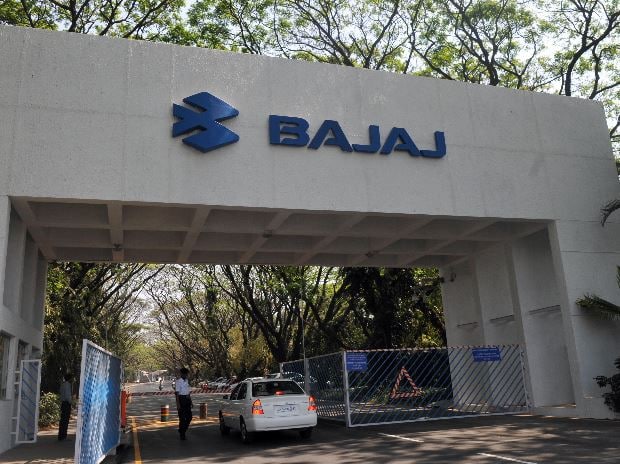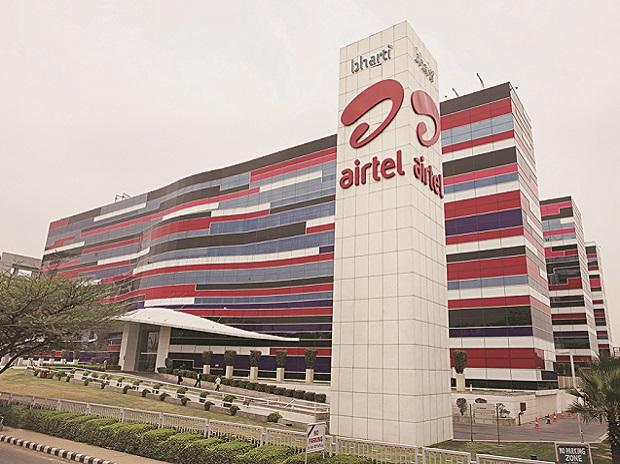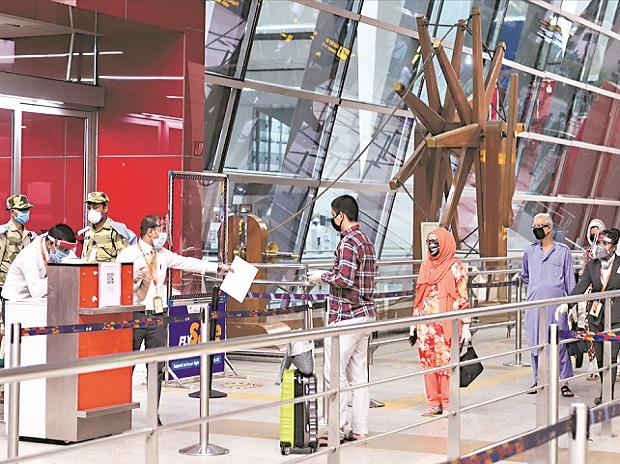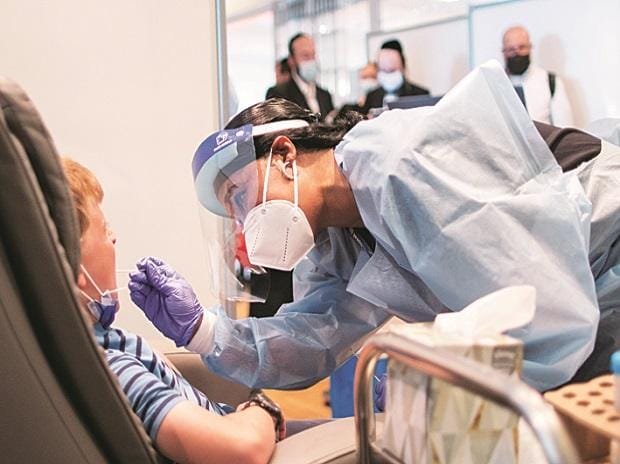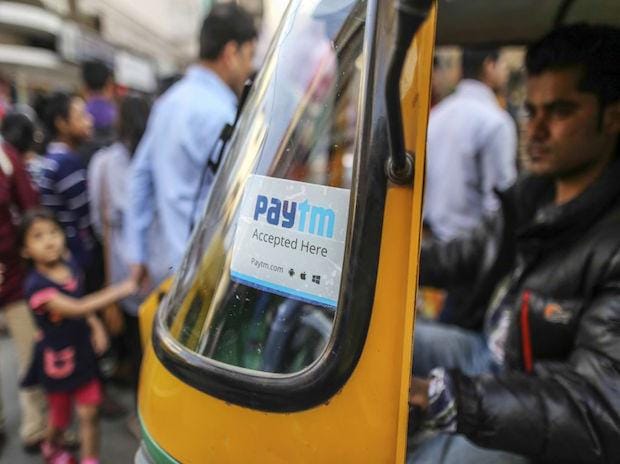In Venice, the first isolated pestilence hospital was built on a solitary island in the lagoon

Venice’s central place in the history of pandemics provides the backdrop to this year’s Venice Film Festival.
In an early screening on Tuesday, Italian director Andre Segre presents a documentary shot last year showing how Venice organizers managed to stage the first and only in-person international film festival during the first year of the pandemic. For Venice, it was nothing new, since for centuries the city has helped provide the baseline of what the world knows today about containing pandemics.
It was in Venice that the term “quarantine” was coined after merchant ships arriving in the 15th century were moored for 40 days (“Quaranta giorni” in Italian) to see if their crews were infected.
In Venice, the first isolated pestilence hospital was built on a solitary island in the lagoon, a precursor to today’s Covid-19 isolation wards. The 16th-century doctors donned beak-nosed masks filled with aromatic herbs to cleanse the air they breathed when treating the sick — an attempt at self-protection that today is the favored choice for Venetian Carnival costumes.





